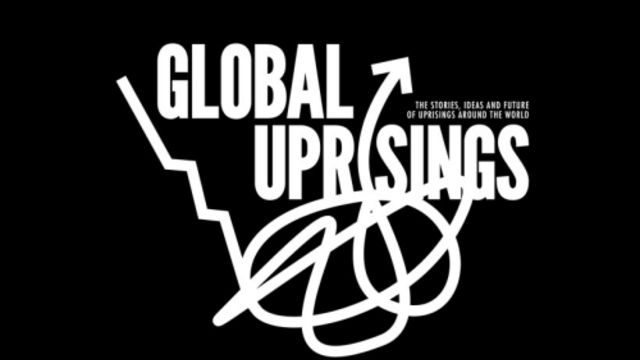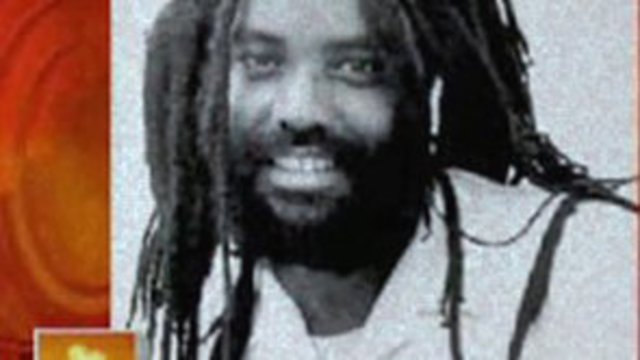The Little Book Of Ideas
A small handbook which explains complex economic terms and theories in simple language, to help everyone understand what has caused the economic mess, why it's still continuing, and enable them to engage in the debate about what needs to be changed for the better in our economic system. It is NOT a manifesto. It has been created to stimulate people to engage in discussion, and so to make up their own minds as to what they think should be done to create a better and fairer world.
Read

